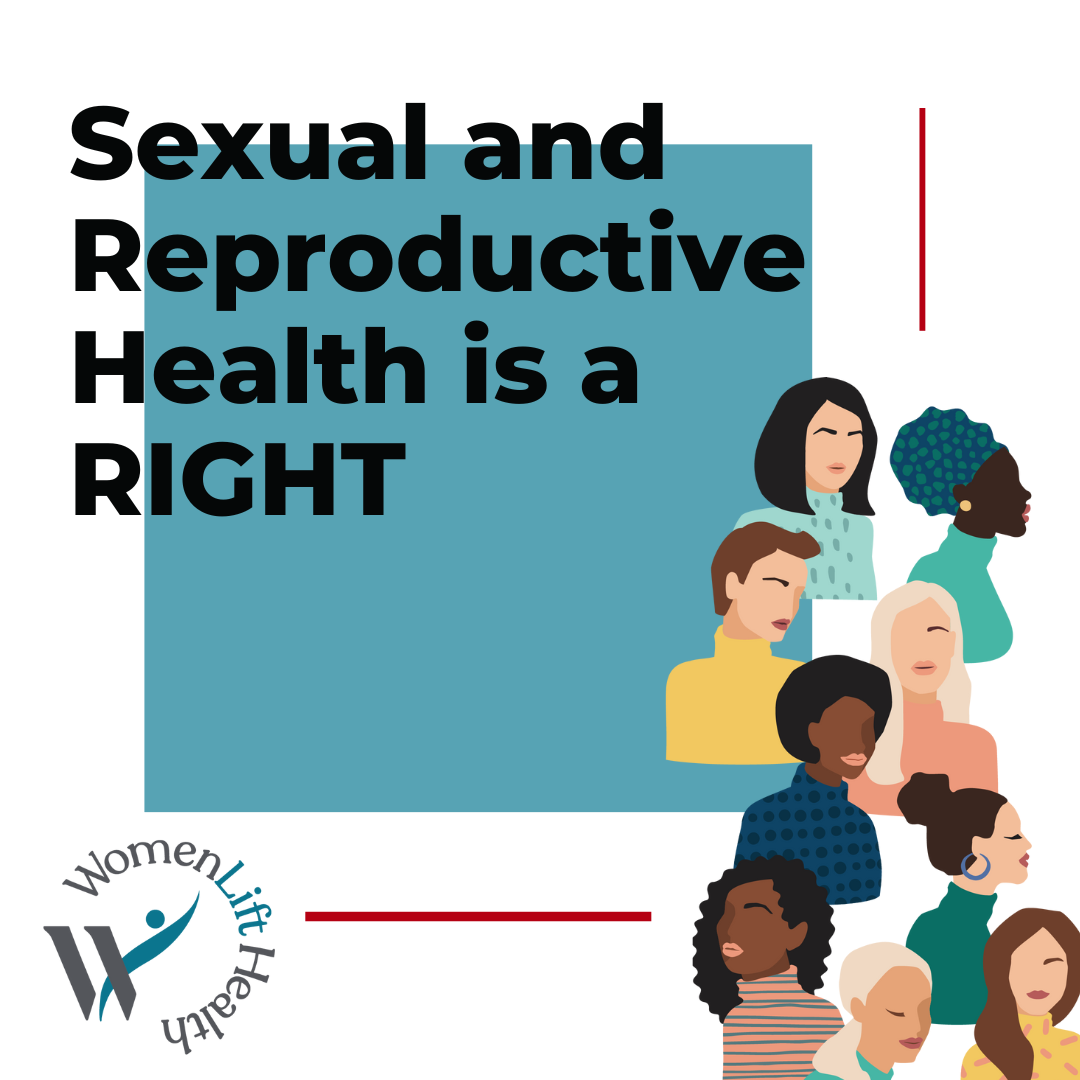Sexual and reproductive health and rights (SRHR) are the cornerstone upon which women can realize their economic, social and human rights. Yet across the globe, and particularly in Africa and other lower-income regions, women face a myriad of issues that bar them from enjoying their health rights, often facing challenges in the form of poor access to quality, affordable, comprehensive health care, risk of female genital mutilation and cutting (FGM/C), early or forced marriage, and no agency over whether to have children and if so, how many and when.
Increasingly, we are witnessing the rollback of gains made towards improving women’s health. This is as a result of the COVID-19 pandemic, as well as the effects of anti-women legislation such as the overturning of the Roe w. Wade ruling in the U.S., which is expected to have far-reaching implications on millions of women in America and beyond.
In 2020, more than 12 million women in 115 low- and middle-income countries lost access to family planning services due to COVID-related disruptions, leading to an estimated 1.4 million unintended pregnancies – including teenage pregnancies. But while it’s easy to blame the pandemic for challenges in ensuring universal access to sexual and reproductive health and care for all women and girls, the truth is that SRHR – often considered controversial in conservative contexts – has for too long been deprioritised in favour of other “more important” facets of health.
In Africa for example, where a combination of factors anchored in patriarchal ideologies govern our value systems, cultures, institutions and health policies, it is nearly impossible to discuss the matter of adolescents engaging in sexual activity and needing access to sex education and contraceptives without being met with strong opposition. And because children are viewed as a blessing that is the preserve of married couples, modern contraception is still considered an unwelcome western import. No wonder 1 in 5 women of reproductive age on the continent have an unmet need for family planning,
But such attitudes towards crucial determinants of women’s health affect our ability to meaningfully participate in economic and social development, and will continue to do so if not urgently addressed.
As countries slowly begin to recover from a pandemic that is well into its third year, it is more important than ever to recognize the role of SRHR in improving the health and wellbeing of all. We must pull our heads out of the sand and acknowledge the reality that the African region accounted for 66 percent of the 303,000 maternal deaths recorded globally in 2017. As of 2019, Sub-Saharan Africa had the highest abortion case-fatality rate of any world region, with 185 women dying for every 100,000 abortions – and these are only the reported cases.
The sexual and reproductive health of women and girls are a multi-dimensional bundle of rights that cut across education, employment, income, and overall empowerment. SRHR not only protect women’s and girls’ ability to decide their own reproductive future, they also increase opportunities for education and gainful employment.
When women are educated, they become more capable of providing quality care for their own children and making better health choices. Completion of secondary education for instance reduces the risk of early childbearing for girls below the age of 18 by 75 percent – a huge win not only for the girls themselves, but for their communities as well, when you consider that each extra year of education leads to a 10 percent increase in women’s earnings.
More than half the reduction in child deaths over the past 40 years can be attributed to an increase in education amongst women. Furthermore, countries have historically seen the economic benefits of investing in SRHR. For example, approximately one third of East Africa’s economic growth from 1965 to 1990 was linked to investments in reproductive health. More recent studies have shown that with lower fertility, women’s economic participation improves. Specifically, for every additional child, the female labour force participation decreases by about 10-15 percent among women aged 25-39.
When we fail to uphold women’s access to sexual and reproductive health, we not only disempower them; we perpetuate the multi-generational cycle of poverty and poor health that millions of women around the world find themselves trapped in.
Investing in and protecting the sexual and reproductive health and rights of Africa’s women and girls are essential steps towards closing the gender equity gap, spurring development on the continent and laying the ground for future generations to thrive.
We owe it to ourselves to demand accountability and action from our leaders to strengthen and uphold these rights. When this happens a ripple effect is created across society, and the rights to good health, equal opportunities and a prosperous life can be realised by all.


